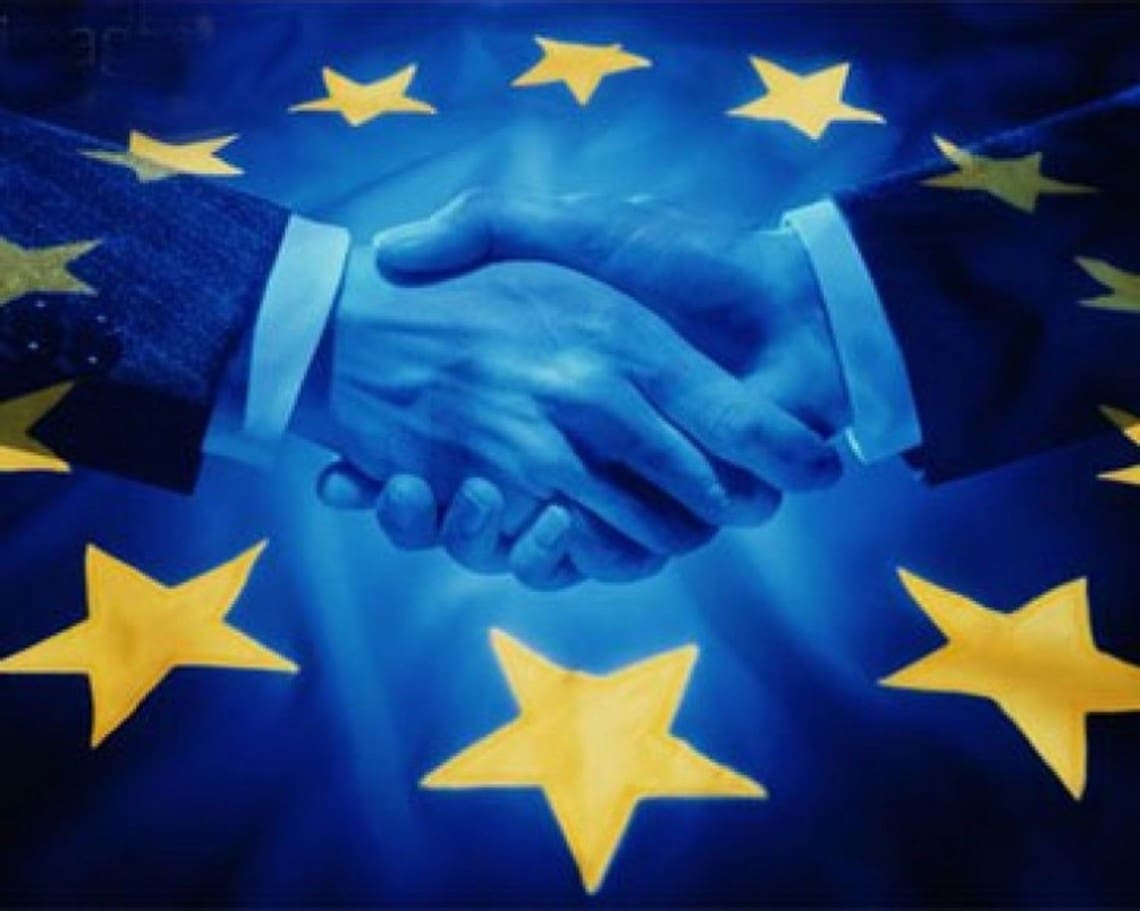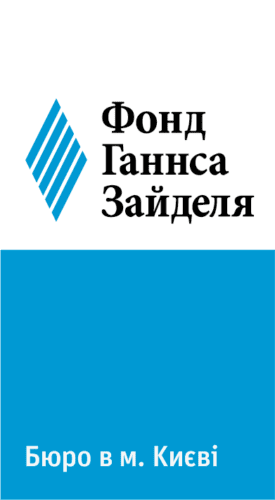Today, we all see that Ukraine and the European Union are at different stages of their economic, social, and ultimately civilizational development. Today, the EU looks well-fed and self-satisfied, and the lives of its citizens are quite predictable, measured, and secure. Life in Ukraine is quite different: Ukrainians are often forced to fight for their survival, often both with their government and with the invader, because part of Ukraine’s territory is occupied by Russia, and there is a war on another part of the territory. Ukraine is only at the beginning of its national and state formation, forced to go through what other nations have been going through for decades or even centuries at an accelerated pace.
In other words, it can be argued that the situation in the EU and Ukraine is quite different. While the EU is trying to preserve the existing order, Ukraine is facing the question of radical reforms of social life; while EU citizens are thinking about how to better protect themselves from hordes of migrants or other threats from outside, Ukrainians are thinking about how to survive and vice versa – to go to foreign lands to work in order to give their families prospects.
While most European countries are reliably protected by NATO’s collective security treaty, Ukrainians are forced to fear another external aggression from Russia. While European countries increase spending on social needs and decrease spending on defense, Ukraine, being one of the poorest countries on the European continent, is forced to increase its defense spending in the face of the Russian threat.
At the same time, we were interested in the experience of European Christian democracy, which revived the European countries destroyed by World War II and gave them the future they live in today. We are not afraid to say that, in fact, Christian democracy has become the cornerstone ideology for the creation of a new European renaissance and the creation of a prosperous and developed united Europe. Christian democrats directly or indirectly contributed to the revival and powerful development of Germany, Italy, France, the Netherlands, Belgium, Austria, and a number of other countries. Throughout the previous chapters of this book, we have shown who, when, and with what ideas contributed to European formation and revival. We believe that these ideas can be interesting guidelines for the Ukrainian reader, as well as that modern Europe should turn to their sources, critically evaluate the current state of affairs, and once again think about the usefulness of the advice given by Christian democracy for solving certain problems of European society.
It is clear that Christian democracy in the postwar years was very different from Christian democracy 70 years later. Having become the European mainstream, Christian democratic parties also became largely post-ideological catch-all political entities that had to respond to the postmodern situation, in which values and truths lost their usual meaning, everything was devalued, mixed with the opposite and acquired a different meaning.
It is clear that today the ideas of Christian democracy for Ukraine, on the one hand, and for the EU, on the other, can be read and interpreted differently, and are characterized by different challenges and problems. For Ukrainian realities, the old post-war Christian democracy of Adenauer-Schuman-de Gasperi will probably be closer to the old post-war Christian democracy, in which the primary tasks were to pull countries out of the abyss of post-war destruction, destroyed economies and means of production, mass unemployment, and the threat of external interference, primarily from the communist camp. For Ukraine, the picture is quite similar, if not in detail, then in general.
However, the ideas of Christian democracy still remain relevant for today’s Europe, which is full of contradictions, antagonism, not always fair competition, voter disappointment in politicians and politics, etc. Christian democracy offers a certain middle way or a kind of fusion in the economic sphere, where the development of private property is a driver of growth of social guarantees, which, in turn, should help people become independent and self-sufficient, i.e., provide education, a trade or profession, teach them to cope in society, but not to be eternal dependents of the budget. On the other hand, Christian democracy is an inoculation against radical left-wing or right-wing ideologies that propose to build a new society either on the basis of class struggle, or on the basis of racial and blood unity, or even property differentiation. Christian democracy rejects both of these approaches and asserts its own, which goes hand in hand with such ideas as freedom, solidarity, and subsidiarity, where individual freedom is postulated as something that is consistent with the freedom of others, and imposes a certain solidarity of responsibility for the fate of others and the community as a whole, but at the same time divides competencies and power so that they are subsidiary, that is, closest to solving the problems of a particular person.
It is clear that today in the EU, Christian democracy has become rather vague politically, moving to the center and trying to capture undecided moderate voters who are focused on stability, development, and competence of politicians. Other political players, including social democrats and liberals, are using similar strategies. Therefore, many observers argue that modern mainstream parties have become so close to each other that their visions and programs differ little.
Nevertheless, today we can identify the theory and practice that has become characteristic of Christian democratic parties in Europe.
Author: Yuriy Mindyuk




